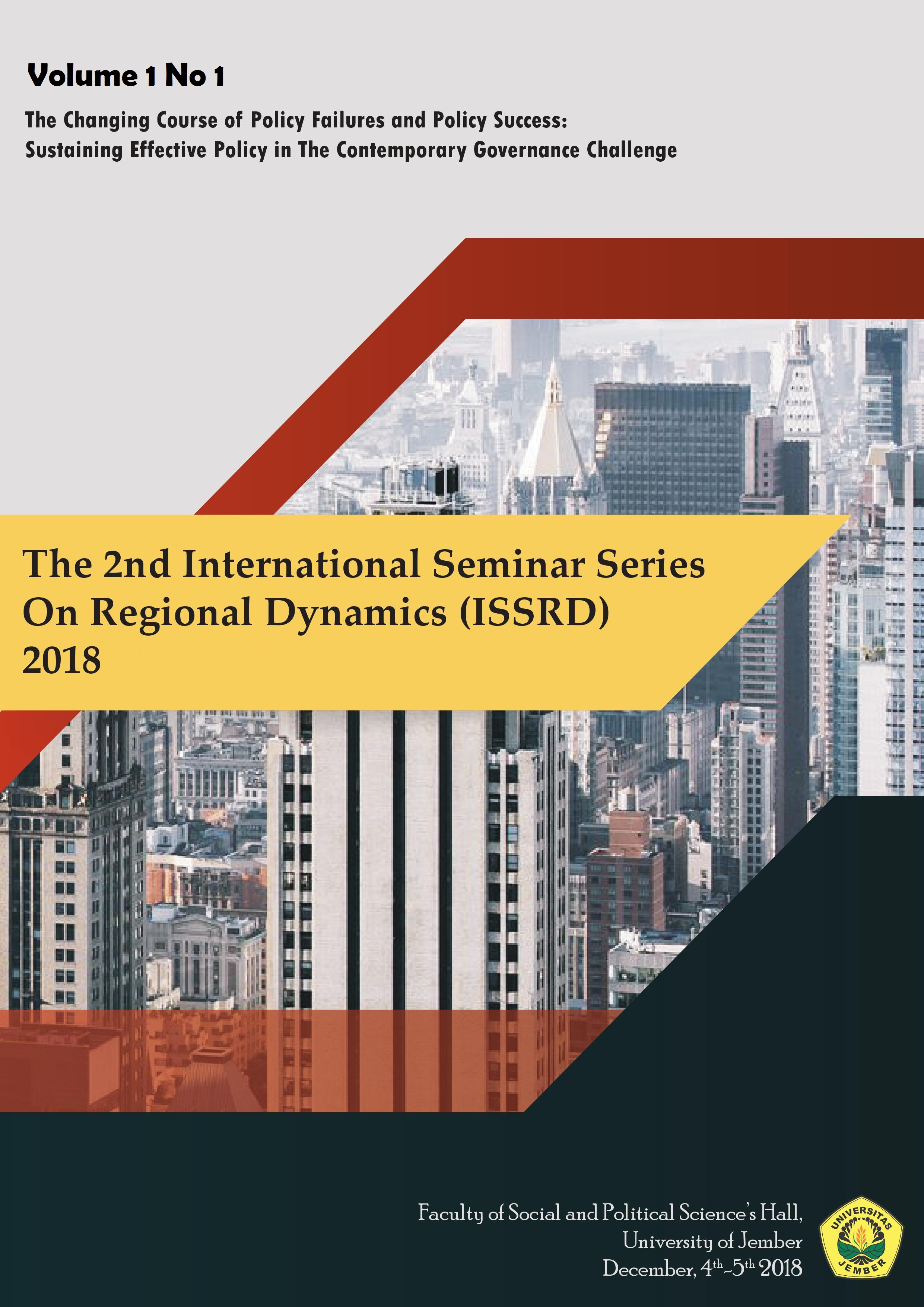UNDERSTANDING PEACE FORMATION: A SOCIOLOGICAL PERSPECTIVE
Abstract
Peace study is now one of the most debated discourses. In the discourse of peace study, the modes of peace which was based on the liberal western values have long gained supremacy. Three generations of peace study occurred from that liberal tradition. Along with the strengthening – and even the romanticizing- of locality, the liberal peace traditions began to be criticized. Post Liberal Peace presented around the searching for the modes of ideal peace by criticizing the liberal peace traditions that based on liberal values. Post liberal peace or, as Richmond conceptualized, peace formation, was the correction of liberal peace generation and the celebration of the strengthening of locality. Unfortunately, there is theoretical gap, as many theories of that post liberal generation can’t elaborate sociologically how locality involved in peace process and bound as social norms. To fill the gap, the literature study uses Giddens’s structuration to understand how locality becomes the base of peace formation. Based on structuration theory of Giddens, the study found that local actors could act as an agent with capacity to formulate the mode of peace by standing on the local attributes as the ground as well as cultures and social values-norms. In Addition, the local actors had the both reflexive and discursive consciousness in interpreting the purposes of local values conversion as a base of peace formation.
Keywords: Agent; Liberal Peace; Local; Peace Formation; Post Liberal Peace; Structuration












